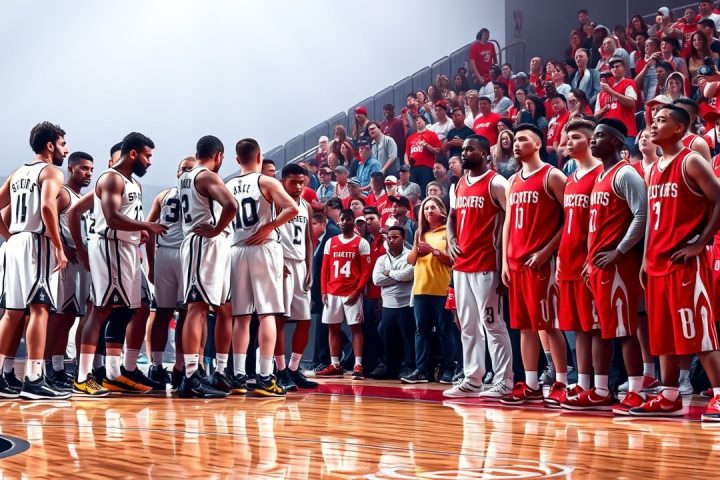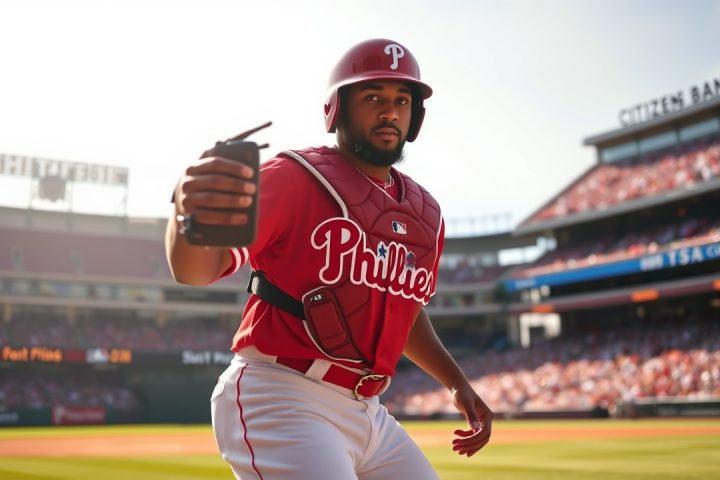The Uncertain Future of Bradley Beal with the Phoenix Suns
The future of guard Bradley Beal with the Phoenix Suns seems increasingly uncertain, as both parties are reportedly optimistic about finalizing a buyout agreement. If this happens, Beal would become an unrestricted free agent, freeing the Suns from significant financial obligations.
Strategic Objectives Behind the Buyout
For the Suns, the objective behind the potential buyout is strategic: they aim to relieve themselves of a hefty salary cap burden. By negotiating this arrangement, they could waive Beal and distribute the remaining amount of his contract—valued at $110.8 million over the next two seasons—over a five-year span. This maneuver would not only help the Suns avoid complications related to being above the second apron—a challenging salary cap threshold—but also eliminate their luxury tax liabilities entirely.
Cooperation Required for Buyout
However, for the Suns to complete this buyout, they require cooperation from Beal. A stipulation in the collective bargaining agreement mandates that Beal must return at least $13.8 million to permit the Suns to stretch his contract financially. If he agrees, it would leave a dead cap hit of $19.4 million across the Suns’ books until the 2029-30 season.
Beal’s Performance and Free Agency Challenges
Beal, who celebrated his 32nd birthday last month, averaged 17.0 points, 3.3 rebounds, and 3.7 assists per game during the previous season with commendable shooting percentages. Yet, the prospect of easily securing $13.8 million from potential suitors may pose a challenge. As free agency looms, many teams have limited salary cap space to accommodate a sizable contract.
Among those considering Beal are the LA Clippers, Golden State Warriors, Los Angeles Lakers, and Milwaukee Bucks.
Complicated Situations for Potential Suitors
Recent moves have made the Clippers’ and Lakers’ positions complicated—particularly for the Clippers, who have just traded for power forward John Collins while also having to deal with their own financial restrictions. They can only offer Beal a starting salary of $5.3 million due to their midlevel exception commitments. The Lakers could utilize their biannual exception for a slightly higher starting salary of $5.1 million, which still falls short of Beal’s financial needs. The Bucks are in a similar bind, having exhausted their exceptions and only able to extend a minimum contract offer.
The Warriors face difficulties that complicate any potential pursuit of Beal due to restricted free agent Jonathan Kuminga’s situation, which needs to be resolved before they can access more funds. If they can successfully renegotiate Kuminga’s contract, they might have the capacity to offer Beal better financial terms than their competitors.
Alternative Strategies for the Suns
As for Phoenix, there are alternative strategies to reduce their cap footprint, such as waiving Beal without stretching his remaining salary or making trades that do not incur additional salary costs, but these strategies may still leave them above the luxury tax threshold. With a firm aim to minimize their financial liabilities, the Suns are keen on cutting costs wherever possible.
Disappointing Season and Future Changes
The Suns had high hopes for their trio of Beal, Kevin Durant, and Devin Booker after acquiring Beal last summer, but the anticipated chemistry never unfolded as planned, resulting in a disappointing playoff performance after winning just 49 games in their first season together. This season ended in further disappointment, with the Suns missing out on the Play-In Tournament after finishing 35-47. Following Durant’s recent trade to the Houston Rockets, Beal’s departure may be the next significant change for the franchise.




